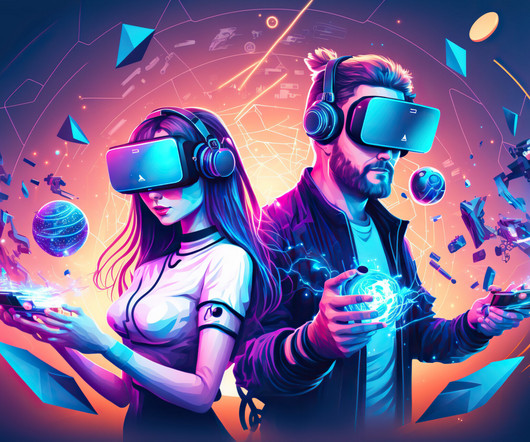Design for collaborative learning in the metaverse
CLO Magazine
MAY 3, 2023
Leader boards, jigsaw puzzles, discussion forums and group projects all encourage learner access to peer knowledge. Sharing, brainstorming and reviewing all lead to high order thinking that adds new knowledge and builds upon existing knowledge. Working in a group enhances problem-solving and critical-thinking skills.
























Let's personalize your content